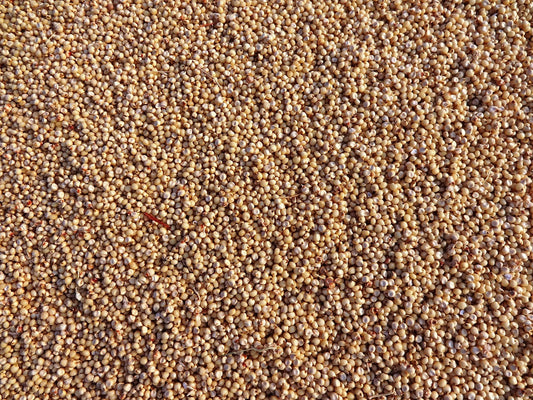For some time now, laboratory studies of animals, such as worms, rats, fruit flies, and mice, have shown that those on a calorie-restricted diet may live up to two times as long as those with an unrestricted diet. In these animal studies, calorie reductions of 40% are common.
Now, researchers at Yale University have investigated the effects of calorie restriction in people. In the human study, calories were reduced by only 14% and their findings, which appear in Science, may eventually lead to new ways to extend healthy life.
Unlike typical weight loss diets, a calorie-restricted diet involves small
The purpose of the study was to investigate whether calorie restriction had similar health benefits in people as they did in other animals, and to identify any mechanisms behind these benefits.
Healthy adults
The researchers as Yale assessed just over 200 people in the Comprehensive Assessment of Long-term Effects of Reducing Intake of Energy (CALERIE) clinical trial, which spanned over 2 years.
All participants were aged between 21-50 years old and had a body mass index between 22.0 and 27.9, putting them in the healthy weight category.
The participants in the CALERIE trial have already shown a
Effects on the thymus
As part of the trial, researchers looked at the effect of calorie restriction on the thymus. The thymus gland is found in the chest, just above the heart, and is part of the immune system. The thymus produces T cells which are crucial for fighting infections.
Hormones released by the thymus hinder the aging process. However, as we age, their thymus becomes fatty and it produces fewer infection fighting T cells. This is a primary factor in older people being more susceptible to infections because of this decreased immunity.
To monitor the participants thymus glands during the trial, the researchers performed MRI scans. They found that those participants with calorie restricted diets had greater functional thymus glands than those participants with unrestricted diets.
The researchers also found that the thymus glands of the calorie restricted diet group were also less fatty and produced more T cells.
Although the thymus was being revitalised, there were no changes to production of the immune cells.
Body fat changes
The researchers then looked at body fat or adipose tissue, which is essential to the functioning of the immune system. Some immune cells in this tissue can cause inflammatory responses when activated incorrectly.
They found changes in the gene expression of adipose tissue, with some genes inhibited in those with restricted diets. The scientists further examined these changes to see whether they were driving the beneficial effects of calorie restriction.
Key gene
The gene that seemed to be linked to these beneficial effects was the gene for PLA2G7 — a protein produced by immune cells called macrophages.
To test the hypothesis that PLA2G7 was causing the effects of calorie restriction, they removed the gene that codes for this protein in mice.
These mice showed less diet-induced weight gain, less age-related inflammation, and, importantly, the same improvement in thymus function.
According to Prof. Vishwa Deep Dixit, the senior author of the study and director of the Yale Center for Research on Aging:
“These findings demonstrate that PLA2G7 is one of the drivers of the effects of calorie restriction. Identifying these drivers helps us understand how the metabolic system and the immune system talk to each other, which can point us to potential targets that can improve immune function, reduce inflammation, and potentially even enhance healthy lifespan.”




